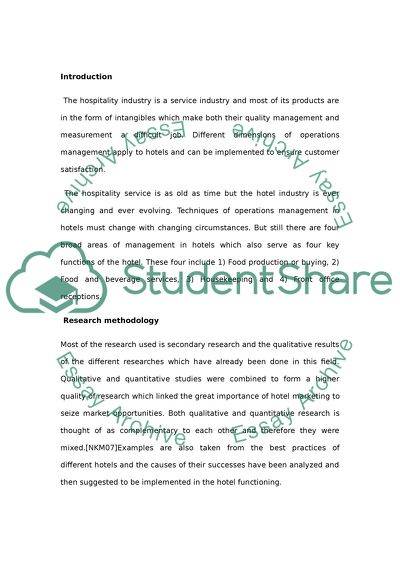Cite this document
(“OPERATIONS MANAGEMENT Essay Example | Topics and Well Written Essays - 2500 words”, n.d.)
Retrieved from https://studentshare.org/environmental-studies/1410293-operations-management
Retrieved from https://studentshare.org/environmental-studies/1410293-operations-management
(OPERATIONS MANAGEMENT Essay Example | Topics and Well Written Essays - 2500 Words)
https://studentshare.org/environmental-studies/1410293-operations-management.
https://studentshare.org/environmental-studies/1410293-operations-management.
“OPERATIONS MANAGEMENT Essay Example | Topics and Well Written Essays - 2500 Words”, n.d. https://studentshare.org/environmental-studies/1410293-operations-management.


